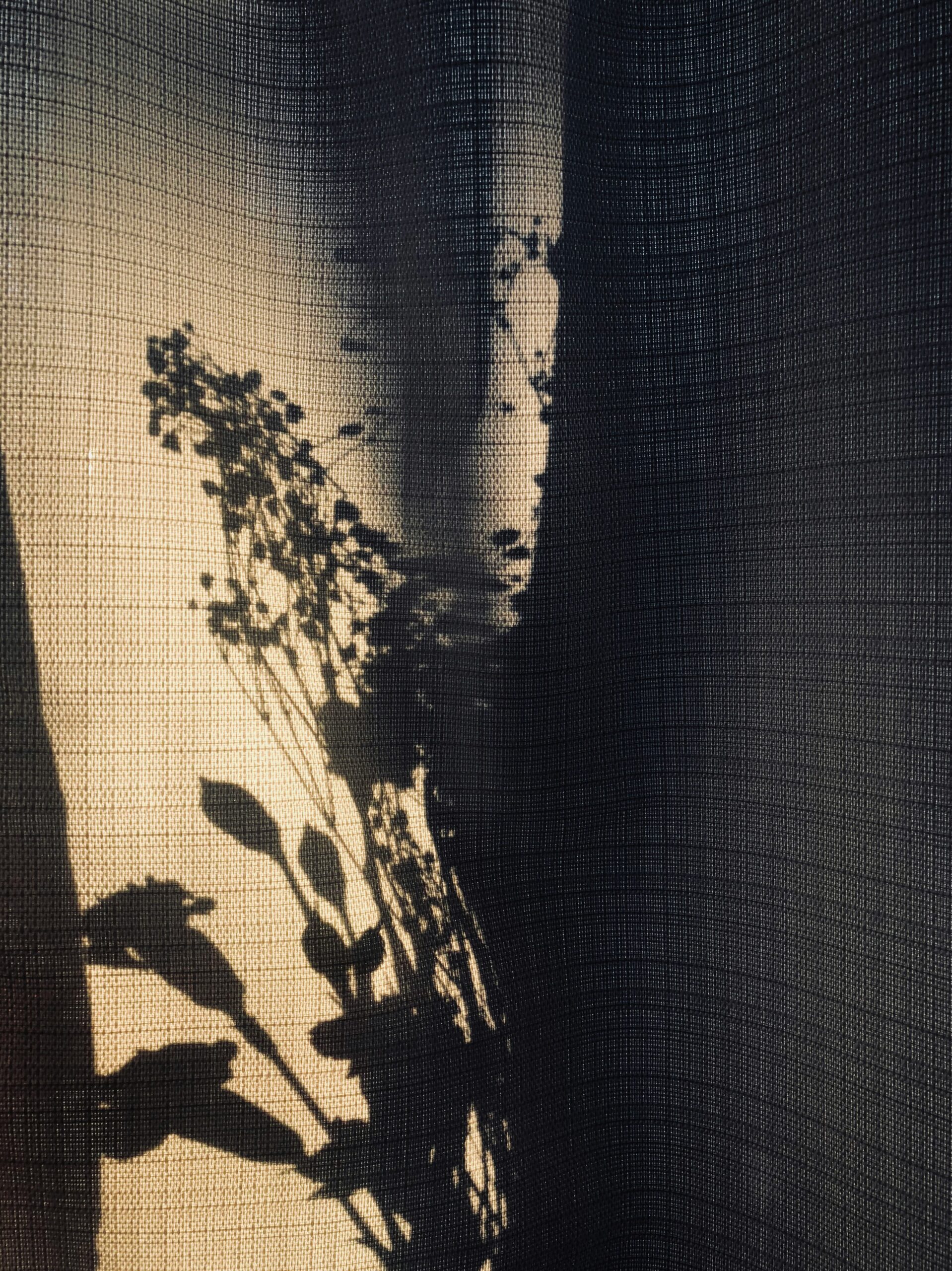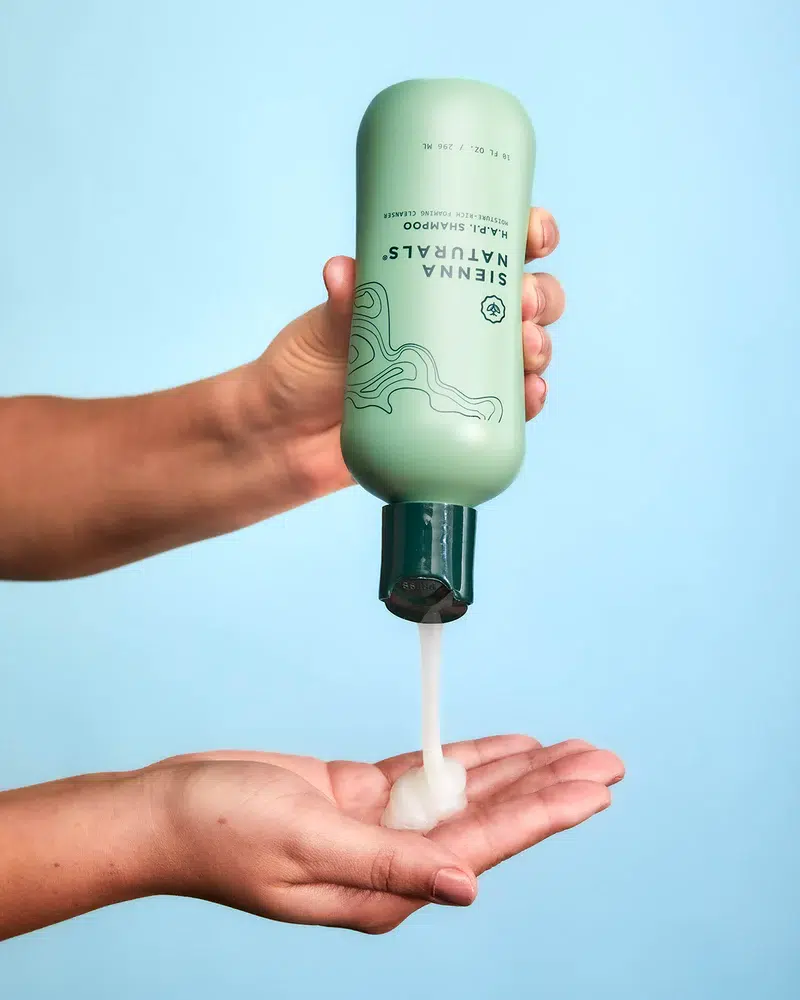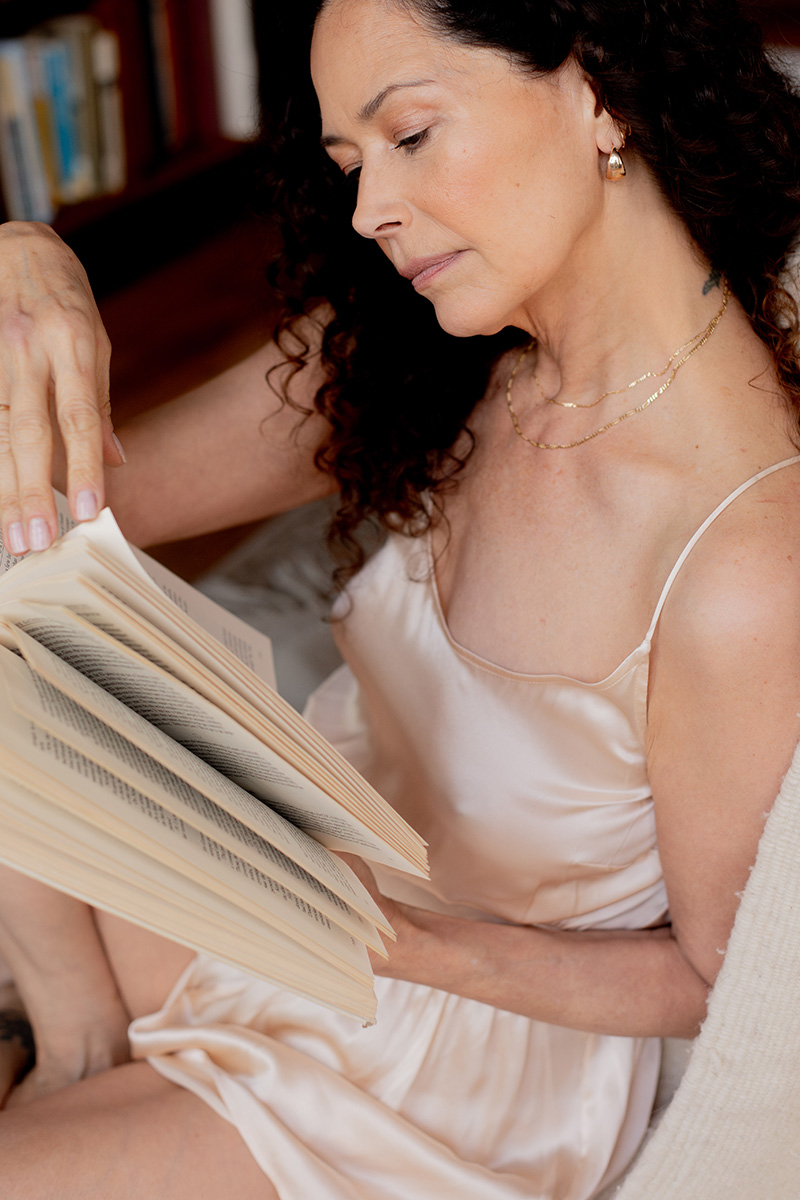
What Perfume Reviews Taught Me About Writing
I’ve always marveled at what it means to be a writer. Not only do you need to have a knack for constructing language, you also need to have interesting ideas, and a kind of clarity or honesty in recounting them. You have to be studious, always reading the work of great writers, but also creative and singular in your approach. You have to tolerate the long, quiet hours of concentration and be open to scrutiny (including your own). Not every writer is perfect at all, or any of these, but it is more or less what writing requires.
“Above all, writing is something of a magic act that turns what is ineffable into language.”
Above all, writing is something of a magic act that turns what is ineffable into language. Because what of life is actually able to be perfectly captured in words? Writing is always an imperfect means of getting at experience, and yet, we do it. It allows us to access experience more than we would otherwise. And it does amazing things, like slow down time around objects of contemplation, or condense an entire life into the span of 100 pages.
While I may have studied English literature, reading Shakespeare in London and discussing Pynchon in the appropriately surreal setting of the basement of the business school, the writing that I feel best exemplifies the difficulty and triumph involved in the craft is what you’ll find on Fragrantica.com. Yes, I am referring to the website that hosts crowd-sourced reviews of just about any perfume on the market.
“On Fragrantica, no fragrance is off limits — yet each scent is handled with the same careful attention.”
Fragrantica reviewers are some of the most, and least, discerning writers out there. Let me explain: In a single review, you might hear someone refer to an Ariana Grande scent sold in Walgreens, and Maison Francis Kurkdjian’s Baccarat Rouge, a scent I once saw displayed prominently on its very own table at Saks. (And, without a doubt, you will see this since the former’s “Cloud” is a dupe for the latter. Something I learned on Fragrantica.)
Take for example a recent post about “Chanel No. 5,” the iconic perfu…well, do I even have to introduce the most famous fragrance of all time? In this review by “sntiago,” the scent’s dry down (how it smells hours after application when all the top notes have dissipated) is compared to “German truck stop bathrooms.” I love how this description bypasses time and place to get at something of the experience of this smell. I bet that’s spot on, though someone more familiar with both “Chanel No. 5” and German truck stop bathrooms will have to let me know in the comments.
On Fragrantica, no fragrance is off limits — yet each scent is handled with the same careful attention. It is of the people and for the people, each review offering notes with the explicit goal of helping elucidate something about the perfume for the online public, who read in the place of smelling it. I have to imagine that many people buy fragrances after reading these reviews, no closer to smelling the scent but somehow with a deeper appreciation for the experience of wearing it.
Even without the complication of shopping online for scents, we are olfactory deficient as a species. Scent is our least developed sense. After we humans started walking upright, we more or less lost touch with our sense of smell — or so some theoreticians have ventured. Our sense of smell remains only a fragment of its former purpose and power, largely eclipsed by our focus on the visual.
“I might have gone through life largely undiscerning. That is, had I not started reading perfume reviews.”
But, some recent neuroscience has shown that humans certainly have the capacity for smell. This capacity might even equal that of dogs, who we generally think of as having a preternatural gift for the olfactory. It turns out that if we cultivate this ability, we might be able to smell more than we think. In the end, we won’t use it as dogs do for their survival — but we can use it to savor food and beverage, or stop to smell the flowers. In other words, for pleasure.
With my modern sense of smell, I might have gone through life largely undiscerning. That is, had I not started reading perfume reviews. Afterward, I was suddenly able to experience and articulate the similarities between a certain floral note and a piece of warm printer paper. Not only because of what I had learned from others — but because engaging with these reviews acclimated me with own senses.
The reviews on Fragrantica build on each other, offering constructive critiques, or a more personal perspective. Often the reviews are infused with specific preferences or unique associations that no one has yet pointed out. One review I read today mentioned “sweetened soy milk,” as a note that she couldn’t unsmell after her boyfriend pointed it out. The sheer number of these instances is a call to take up the mantle and do it for yourself.
“One reviewer notes being transported back to a rainy afternoon in their college town, wearing a thrifted sweater, upon smelling a scent.”
It isn’t only the disappearing art of smell that these reviewers capture, but disappearing memories too. It’s well known that smell is connected to memory. The reviews on Fragrantica are often delightfully tangential, inviting the reader down the rabbit hole of mixed memory and sensory experience. It is an attempt to bring into view what is always slipping away.
Some perfumers tap into this, like Marissa Zappas whose scent “Annabel’s Birthday Cake” has notes of latex ballon, while, in other cases, reviewers find it for themselves. One reviewer notes being transported back to a rainy afternoon in their college town, wearing a thrifted sweater, upon smelling a scent. How specific!
What I love about perfume reviews is that they’re so obviously at the tail end of an experience that is already fading to memory — historically or experientially.
“Fragrance is subject to the same passage of time as our daily experience.”
One of the most remarked upon aspects of a scent in Fragrantica reviews is the longevity. Reviews often track the lifespan of the scent from the first spray to dry down, how different notes unfold throughout the wear, and how long it lasts. Fragrance is subject to the same passage of time as our daily experience. Perfume reviewers pluck words out of thin air, writing their reviews as a gift to readers who can’t smell what they do. Each review keeps alive something that is on the verge of being lost.
“Each review keeps alive something that is on the verge of being lost.”
Even better is that on Fragrantica, thousands of reviewers are all offering up their experiences. I imagine it isn’t only because of the pleasure they get from describing scents. It is also an appeal to others to cultivate their unique ability to sniff, and share this with the community too.
What’s the point of all this? So that we all might enjoy life more, accessing some dimension of experience that was heretofore undiscovered. To share in this pleasure. This is what writers do, they invite you into the experience of your life through the vicissitudes of theirs (or their characters, what have you). And with fragrance, this is perfectly frivolous since we could live without smell. But, it’s also completely serious: It’s about exactly how much we get out of our life. It took Fragrantica.com to show me that’s what writing can do.
Ashley D’Arcy is the Senior Editor at The Good Trade. She holds an MA in Philosophy from The New School for Social Research and has contributed to esteemed outlets such as The Nation, 032c, and Yale School of Management’s Insights where she’s leveraged her expertise in making complex ideas accessible to a broad audience. In addition to her editorial work, she is training as a psychoanalytic mental health professional and provides care to patients in New York City. Ashley also explores sustainable fashion, clean beauty, and wellness trends, combining thoughtful cultural critiques with a commitment to mindful living.




